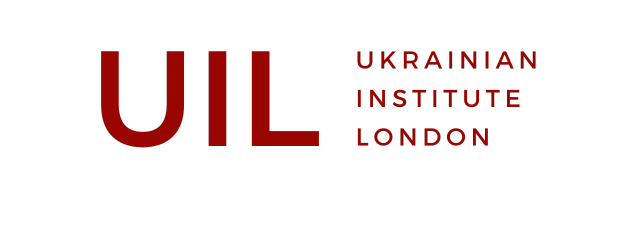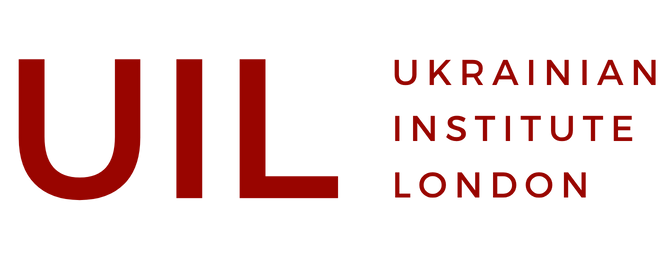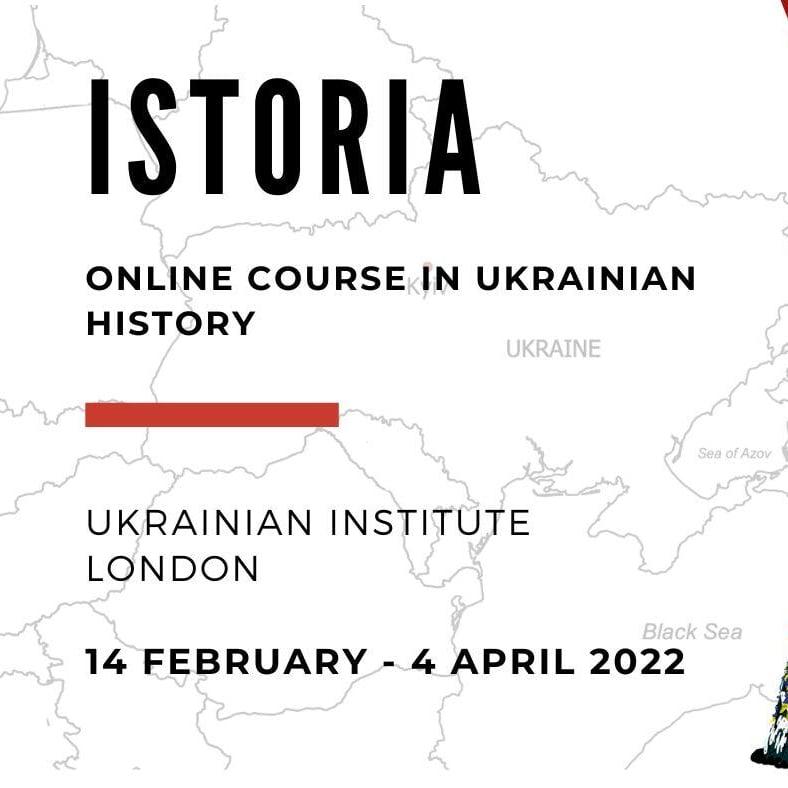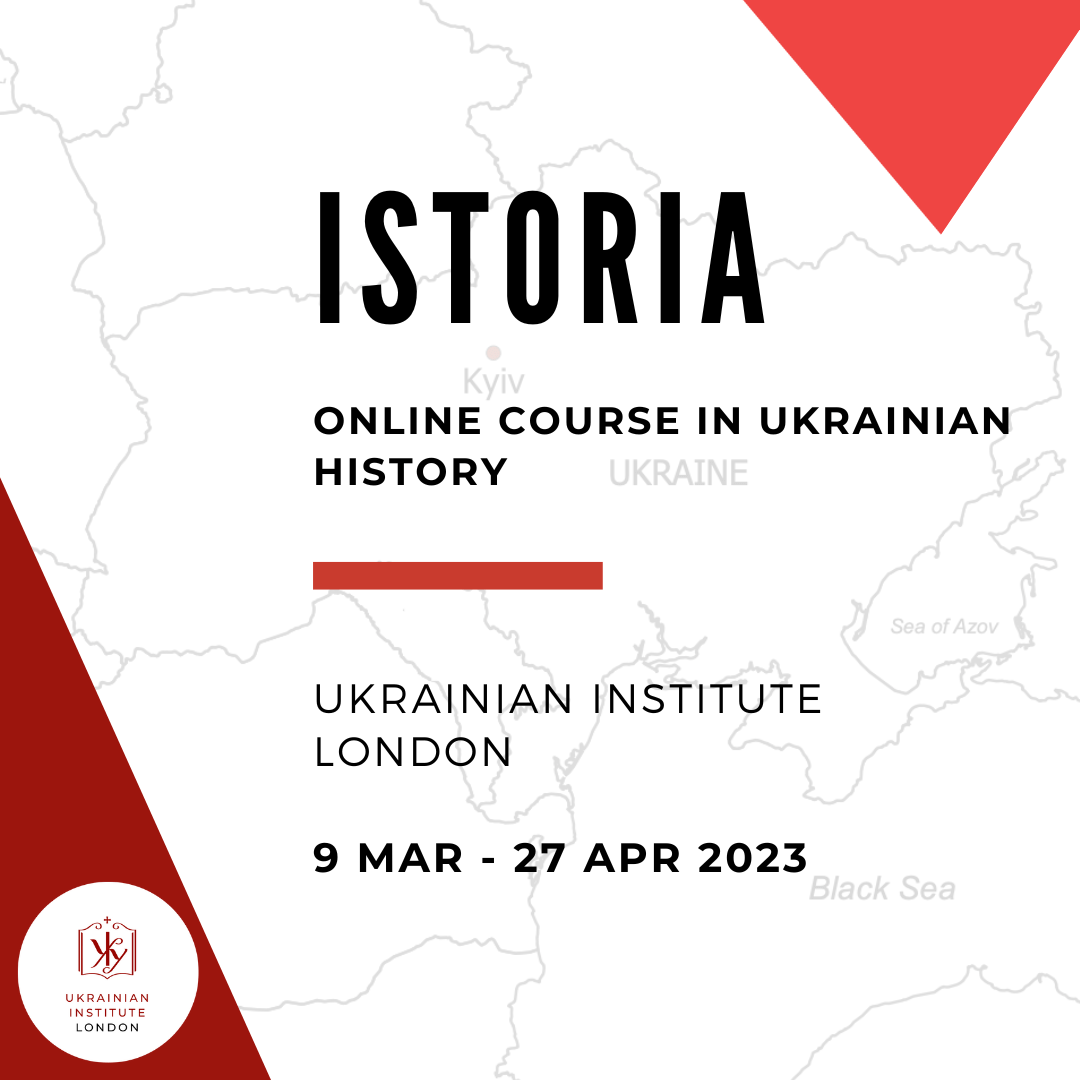
Istoria: lessons for the present
This eight-week course explores pivotal themes in Ukrainian history—from imperial domination and genocidal occupations to the acquisition of statehood and civic resilience. Drawing on the work of leading scholars, learners will examine how historical experiences illuminate contemporary challenges not only in Ukraine but in Europe and beyond. The course offers insights from Ukrainian history on citizenship, democracy, and civic resistance, highlighting lessons for building resilient societies globally.
This course is part of the UIL’s educational programme and is curated by Dr Olesya Khromeychuk.
Course objectives:
- Introduce key lessons from Ukrainian history that help us tackle contemporary global challenges.
- Explore the diverse, multi-ethnic, and transnational aspects of Ukraine’s past, challenge myths, imperial narratives, and stereotypes.
- Create a space for reflection on the role of history in shaping identity, memory, and resistance.
Format and resources:
- A live online lecture.
- A moderated Q&A with the lecturer.
- All sessions recorded for on-demand access.
- Curated handbook of resources (book chapters, articles, podcasts, etc.) in English.
- Optional discussion forum.
- Digital certificate of completion.
Course structure:
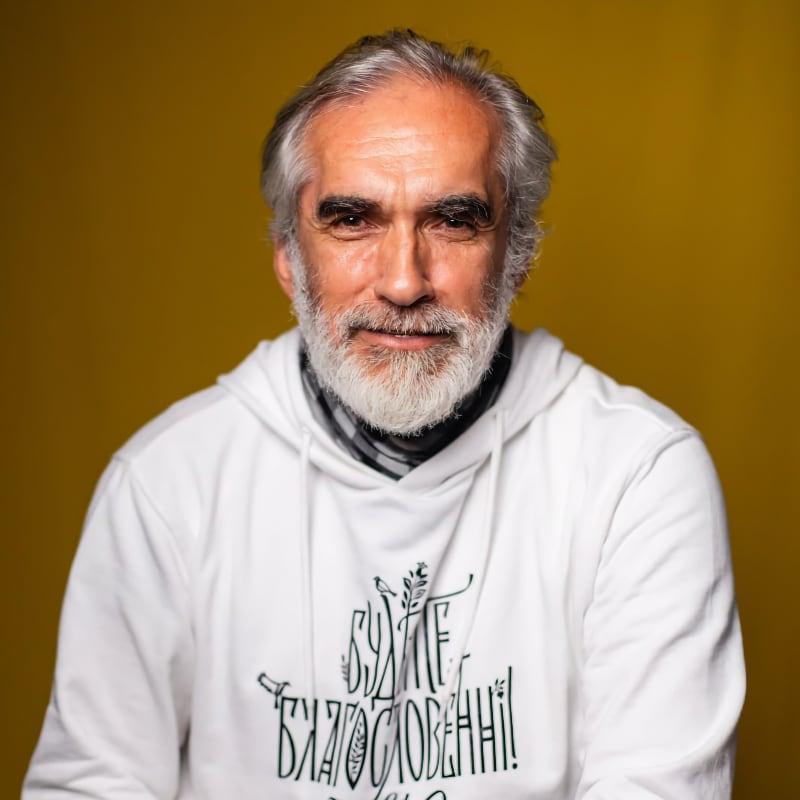
Tue 28 October,
18:30 - 20:00 GMT
Week 1 – Ukraine in Global History
Focus themes: Ukraine, empires, and global entanglements.
Description: The seminar explores Ukraine’s position within wider European and global histories, examining how the country’s past was shaped by and contributed to larger political, economic, and cultural currents.
Lecturer: Professor Yaroslav Hrytsak, Ukrainian Catholic University.
Bio: Yaroslav Hrytsak is a Ukrainian historian and public intellectual. He is a Professor at the Ukrainian Catholic University in Lviv, where he serves as Director of the Petro Jacyk Programme for the Study of Modern Ukrainian History and Society. He has also taught at Columbia University, Harvard University, and the Central European University. From 2014 to 2022, he was Co-Director of the German-Ukrainian Historical Commission.
Professor Hrytsak is the founding editor of the journal Ukraina Moderna and the author of numerous works on modern Ukrainian history, including Essays in Modern Ukrainian History (Kyiv, 1996), Prophet in His Native Land: Ivan Franko and His Community (Kyiv, 2006), and Overcoming the Past: A Global History of Ukraine (Kyiv, 2021).
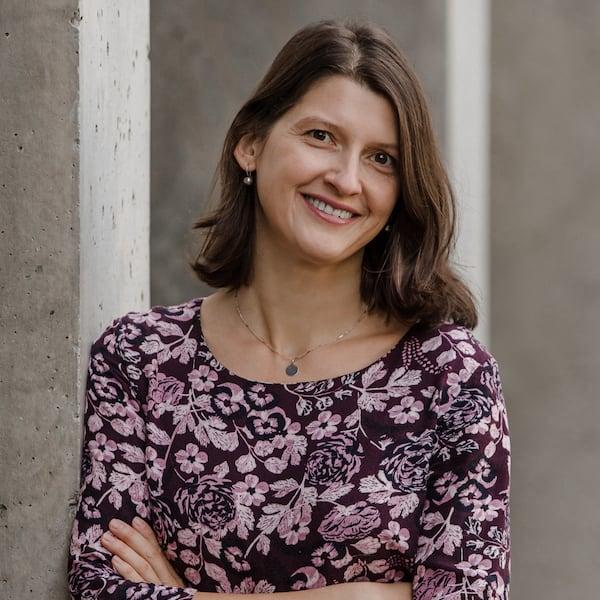
Tue 4 November,
18:30 - 20:00 GMT
Week 2 – Statehood
Focus themes: Nation-building and governance.
Description: The seminar examines the formation and evolution of Ukrainian statehood, highlighting lessons for democratic institution-building and civic identity.
Lecturer: Dr Olena Palko, University of Basel.
Bio: Olena Palko is Assistant Professor at the Chair of East European History at the University of Basel, Switzerland. She is a historian of Ukraine, the Soviet Union, and modern Eastern Europe, with a particular focus on the history of minorities.
Dr Palko has held a number of research fellowships, including at the German Historical Institute in Warsaw, the Institute for Human Sciences (IWM) in Vienna, and the Slavic-Eurasian Research Centre in Sapporo, Japan.
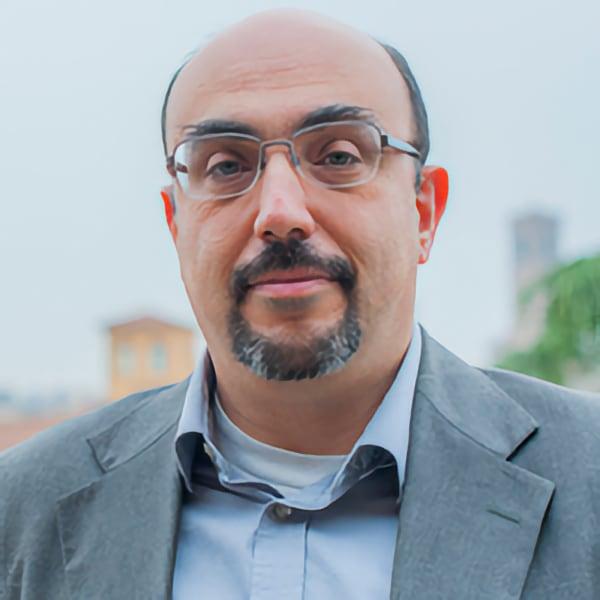
Wed 12 November,
18:30 - 20:00 GMT
Week 3 – Genocide
Focus themes: Political violence and memory.
Description: The seminar examines the violence against civilians carried out by Russian authorities and troops in the occupied areas of Ukraine and the applicability of legal terms such as genocide and crimes against humanity.
Lecturer: Professor Eugene Finkel, Johns Hopkins University.
Bio: Eugene Finkel is the Kenneth H. Keller Professor of International Affairs at Johns Hopkins University. His research focuses on how institutions and individuals respond to extreme situations: mass violence, state collapse, and rapid change. Finkel’s most recent book is Intent to Destroy: Russia’s Two-Hundred-Year Quest to Dominate Ukraine (Basic Books, 2024). He is also the author of Ordinary Jews: Choice and Survival during the Holocaust (Princeton University Press, 2017), Reform and Rebellion in Weak States (Cambridge University Press, 2020, co-authored with Scott Gehlbach) and Bread and Autocracy: Food, Politics and Security in Putin’s Russia (Oxford University Press, 2023, co-authored with Janetta Azarieva and Yitzhak M. Brudny).
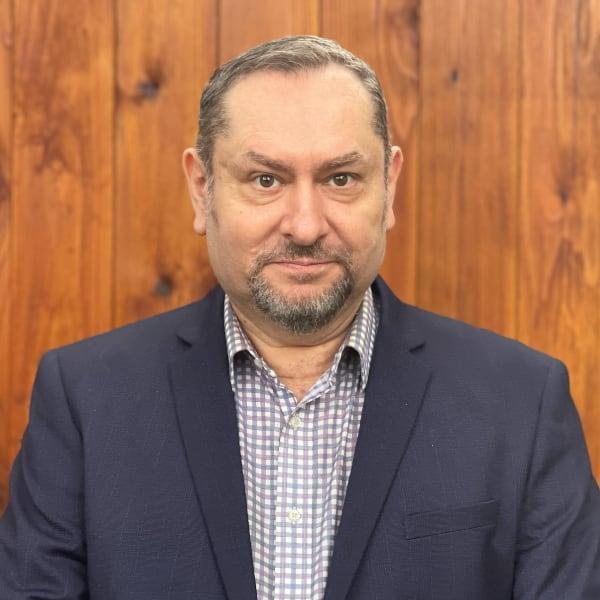
Tue 18 November,
18:30 - 20:00 GMT
Week 4 – Imperialism
Focus: Empire, domination, and identity.
Description: The seminar explores the legacies of imperial rule in Ukrainian lands and considers how it continues to shape our understanding of state relations and national identity.
Lecturer: Professor Serhii Yekelchyk, University of Victoria.
Bio: Born and educated in Ukraine, Serhy Yekelchyk received a PhD from the University of Alberta. He is the author of eight books on modern Ukrainian history and Russo-Ukrainian relations, including the award-winning Stalin’s Citizens: Everyday Politics in the Wake of Total War (Oxford University Press, 2014). A professor of History and Slavic Studies at the University of Victoria, Yekelchyk is the current President of the Canadian Association for Ukrainian Studies.
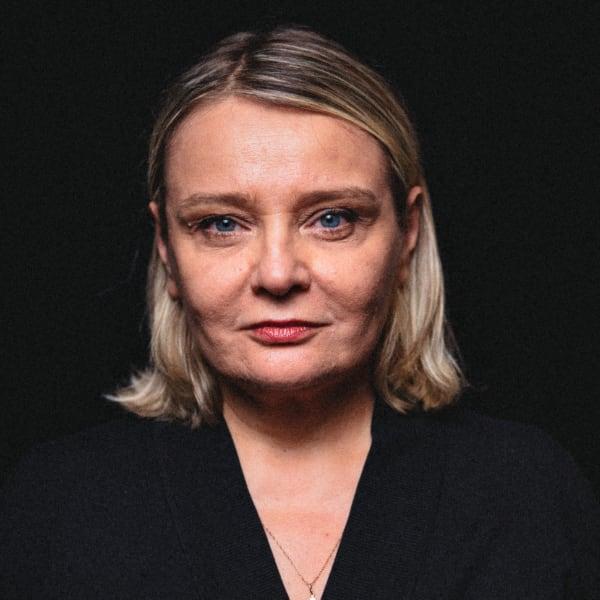
Tue 25 November,
18:30 - 20:00 GMT
Week 5 – Occupation
Focus: Foreign control and resistance.
Description: The seminar focuses on periods of occupation in the 20th and 21st centuries, discussing strategies of survival, negotiation, and resistance.
Lecturer: Dr Olena Stiazhkina, National Academy of Sciences of Ukraine.
Bio: Olena Stiazhkina is a Ukrainian writer and Doctor of Sciences, Professor of History, and Leading Research Fellow at the Institute of History of Ukraine, National Academy of Sciences. She also teaches at the Kyiv School of Economics (KSE) and is a member of PEN Ukraine.
Until the Russian occupation of Donetsk in 2014, she lived in the city and taught in the Department of History at Donetsk National University. After being forced to flee, she founded the non-profit organisation ‘Deoccupation. Homecoming. Education’. She now lives and works in Kyiv.
Her recent work in English includes Zero Point Ukraine: Four Essays on World War II (Ukrainian Voices, 10, ibidem, 2021).
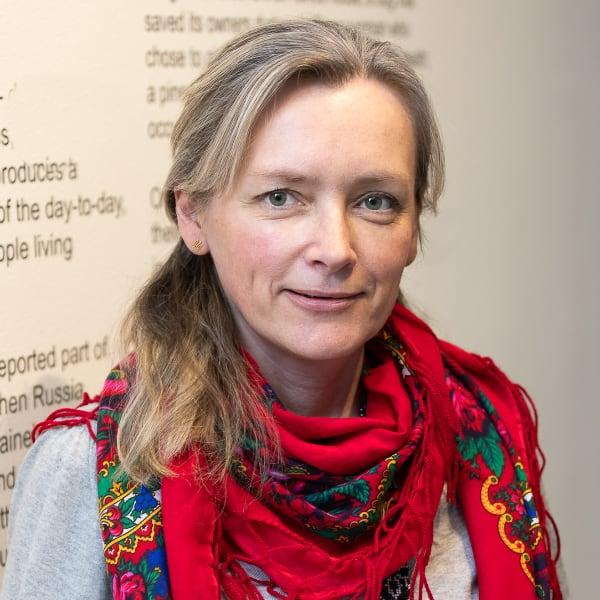
Tue 2 December,
18:30 - 20:00 GMT
Week 6 – Citizenship
Focus: Belonging and rights.
Description: The seminar will explore how the institution of citizenship has developed in Ukraine from the late Soviet period to the present day, and how it has shaped the trajectories of state- and nation-building.
When new states emerge suddenly from the collapse of multinational empires, national and state borders are often incongruent, and the former imperial centre may seek to reassert its dominance. Under such conditions, citizenship policy-making and the specific rules governing citizenship can play a crucial role in strengthening—or weakening—national identity and sovereign statehood.
This seminar will examine these dynamics through the example of Ukraine, where citizenship rules—particularly those concerning dual citizenship—have generated both domestic debate and tensions in relations with Russia. As Ukraine has resisted Russia’s persistent attempts to use citizenship as a tool to foster political integration, the politics of citizenship policy in Ukraine, and within Ukraine–Russia bilateral relations, provide valuable insights into the broader causes of Russia’s ongoing war against Ukraine.
Lecturer: Dr Oxana Shevel, Tufts University.
Bio: Oxana Shevel is an Associate Professor of Political Science at Tufts University and Director of the Tufts International Relations Programme. Her research and teaching focus on the post-communist region—particularly Ukraine and Russia—and topics such as nation-building, identity, citizenship and memory politics, church–state relations, and democratisation processes.
She is co-author with Maria Popova of Russia and Ukraine: Entangled Histories, Diverging States (Polity, 2024), a study of the root causes of the Russo-Ukrainian war. Her earlier book, Migration, Refugee Policy, and State Building in Postcommunist Europe (Cambridge University Press, 2011), received the American Association for Ukrainian Studies (AAUS) prize for the best book in Ukrainian history, politics, language, literature, and culture.
Professor Shevel currently serves as Vice President and President-Elect of the Association for Slavic, East European, and Eurasian Studies (ASEEES), and as Vice President of the Association for the Study of Nationalities (ASN).
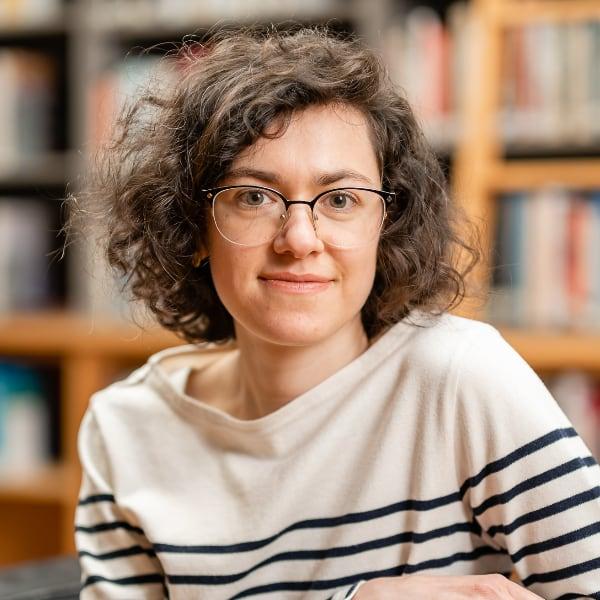
Tue 9 December,
18:30 - 20:00 GMT
Week 7 – Resistance
Focus: Nationalism, minority rights, and political resistance.
Description: This seminar examines political identity, nationalism, and minority rights under imperial and authoritarian rule. It focuses on the historical and contemporary experiences of the Crimean Tatars as a case study in civic resistance.
Lecturer: Dr Mariia Shynkarenko, Institute for Human Sciences (Vienna).
Bio: Mariia Shynkarenko is a political scientist specialising in questions of resistance, nationalism, and identity. She received her PhD from the New School for Social Research in New York in 2023. Until recently, she worked as a Research Associate and Research Director in the Ukraine in European Dialogue programme at the Institute for Human Sciences (IWM) in Vienna. Her forthcoming book, Identity as Weapon: Crimean Tatars and their Quest for Indigenous Self-Determination, will be published by the University of Toronto Press.
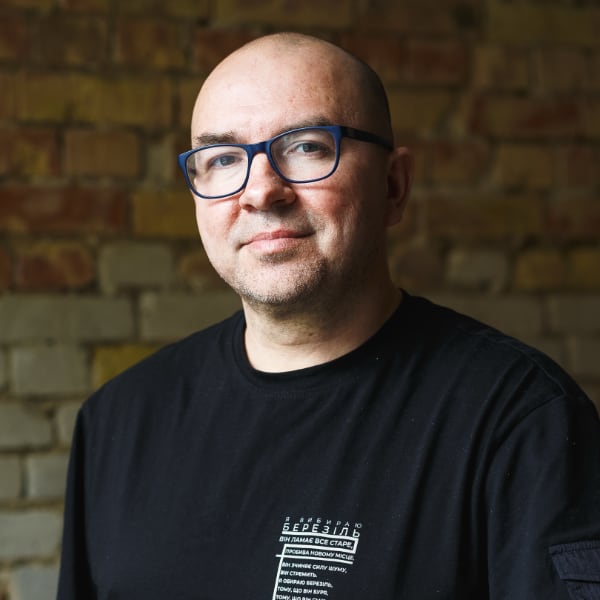
Tue 16 December,
18:30 - 20:00 GMT
Week 8 – Ideas of Ukraine
Focus: Intellectual legacies, cultural identity, and visions for Ukraine.
Description: The concluding seminar reflects on how Ukrainian intellectuals—past and present—have shaped ideas of freedom, identity, and democracy, and discuss how historical visions of Ukraine can inspire responses to today’s challenges and generate ideas for the country’s future.
Lecturer: Dr Volodymyr Yermolenko, National University of Kyiv-Mohyla Academy.
Bio: Dr Volodymyr Yermolenko is a Ukrainian philosopher, journalist, and writer, and the President of PEN Ukraine. He holds a Doctorate in Political Studies (France) and a PhD in Philosophy (kandydat nauk) from Ukraine. He is Analytics Director at Internews Ukraine, Chief Editor of UkraineWorld.org—a multimedia project in English about Ukraine—and Associate Professor at the Kyiv-Mohyla Academy.
Dr Yermolenko is the author of several works of fiction and non-fiction, and a recipient of numerous literary and academic awards, including the Myroslav Popovych Prize (2021), Petro Mohyla Prize (2021), Yurii Sheveliov Prize (2018), and Book of the Year Award in Ukraine (2023, 2018, 2015). He currently chairs the Board of the International Renaissance Foundation (Open Society Foundations).
A prolific public intellectual and lecturer, he hosts the English-language podcasts Explaining Ukraine and Thinking in Dark Times, and co-hosts the Ukrainian-language Kultpodcast with Tetyana Ogarkova. His articles have appeared in The Economist, Le Monde, Financial Times, The New York Times, and Newsweek, and he has provided commentary for BBC, CNN, Al Jazeera, France 24, France Culture, and Radio France Internationale, among others.
Dates
8 weekly seminars:
28 October – 16 December 2025
18:30 – 20:00 (British Summer Time)
Fees
- Full course: £260 general (£180 student) — includes a Certificate of completion and full course materials.
- One seminar: £35 general (£25 student) — includes course materials and video recording for the seminar attended.
Friends and Benefactors of the Institute are also eligible for a discount.
- Full course: £240 general (£170 student).
- One seminar: £30 general (£20 student).
Early bird discount available until 19 October.
How to enrol
All are welcome to enrol for the 2025 Istoria course before 28 October 2025 by purchasing tickets to the full course or individual seminars.
Should you have any queries, please email us at [email protected]. We will aim to respond within five working days.
